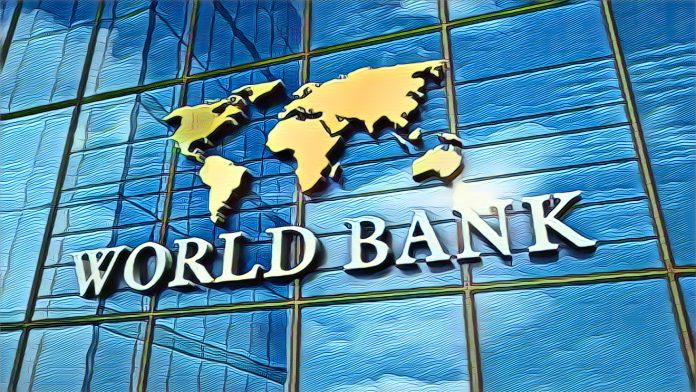Nigeria, Africa’s largest economy, is facing a paradox. On one hand, the government has implemented bold reforms to boost growth and fiscal sustainability, such as removing the petrol subsidy and restructuring the foreign exchange market. On the other hand, these reforms have also increased the cost of living and pushed more Nigerians into hardship, with 104 million now living below the poverty line.
According to the World Bank’s Nigeria Development Update (NDU), released on Thursday, the number of poor people in Nigeria has grown from 95 million in 2021 to 100 million in 2022, while the Nigerian Bureau of Statistics (NBS) indicated that the figure was 82.9 million in 2019 and 85.2 million in 2020.
The NDU report, entitled “Turning the Corner: Time to Move From Reforms to Results”, commended the Federal Government for what it considered “bold reforms” necessary to rescue Nigeria from the fiscal cliff, describing the current pains as temporary.
Based on a report by Vanguard, it also said the policies have created intense pressures on the cost of living, which have hit hard on poor and vulnerable citizens.
Inflation and Foreign Exchange Woes
The report noted that inflation remains at record high levels for Nigeria, 27.3 percent year-on-year in October 2023, partly driven by the one-off price impacts of the removal of the gasoline subsidy.
The impact of this is especially hard on poor and vulnerable citizens, who spend a large share of their income on food and transport.
The report also highlighted the volatility and instability of the foreign exchange market, which has undergone significant fluctuations in both the official and the parallel markets since the government adopted a new policy approach in May 2023.
The policy, which aimed to unify the multiple exchange rates and increase the availability of foreign currency, has been met with mixed reactions from the public and the private sector.
Some have welcomed the move as a step towards improving transparency and efficiency, while others have criticized it as a devaluation that has eroded their purchasing power and increased the cost of imported inputs.
The World Bank said the foreign exchange reform has resulted in visible revenue gains for the government, especially from the oil sector, which accounts for about 90 percent of Nigeria’s export earnings.
However, it also called for more clarity on oil revenues, especially the financial gains of the Nigeria National Petroleum Corporation Limited (NNPCL) from the subsidy removal, the subsidy arrears that are still being deducted, and the impact of this on the Federation revenues.
The World Bank urged the government to continue with the reform momentum and to address the costs of the reforms by ensuring coordinated fiscal and monetary policy actions in the short to medium term.
“Continued reform implementation can ensure that Nigeria benefits from the difficult adjustments underway. This includes ensuring that improved oil revenues following the sharply increased PMS price accrue to the Federation,” Shubham Chaudhuri, World Bank Country Director for Nigeria, said.
Despite the challenges and uncertainties, the World Bank expressed optimism that Nigeria can turn the corner and move towards a more stable and prosperous future if it maintains its reform course and invests in its people and infrastructure.
The report concluded that Nigeria’s economic reforms are not an end in themselves, but a means to an end: a better life for all Nigerians.



